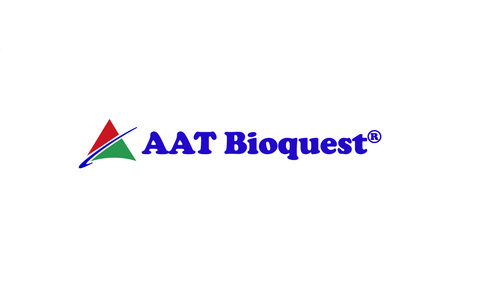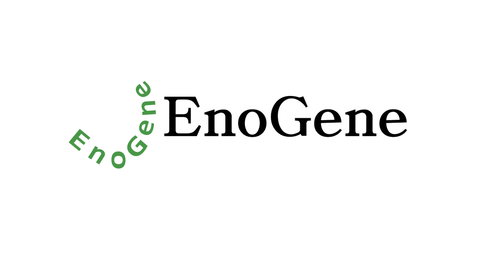Product Description
FZD10 Antibody | 25-682 | ProSci
Host: Rabbit
Reactivity: Human, Mouse
Homology: N/A
Immunogen: Antibody produced in rabbits immunized with a synthetic peptide corresponding a region of human FZD10.
Research Area: Membrane, Cancer, Signal Transduction
Tested Application: E, WB
Application: FZD10 antibody can be used for detection of FZD10 by ELISA at 1:62500. FZD10 antibody can be used for detection of FZD10 by western blot at 1 μg/mL, and HRP conjugated secondary antibody should be diluted 1:50, 000 - 100, 000.
Specificiy: N/A
Positive Control 1: Cat. No. 1211 - HepG2 Cell Lysate
Positive Control 2: N/A
Positive Control 3: N/A
Positive Control 4: N/A
Positive Control 5: N/A
Positive Control 6: N/A
Molecular Weight: 65 kDa
Validation: N/A
Isoform: N/A
Purification: Antibody is purified by peptide affinity chromatography method.
Clonality: Polyclonal
Clone: N/A
Isotype: N/A
Conjugate: Unconjugated
Physical State: Liquid
Buffer: Purified antibody supplied in 1x PBS buffer with 0.09% (w/v) sodium azide and 2% sucrose.
Concentration: batch dependent
Storage Condition: For short periods of storage (days) store at 4˚C. For longer periods of storage, store FZD10 antibody at -20˚C. As with any antibody avoid repeat freeze-thaw cycles.
Alternate Name: FZD10, FZ-10, FzE7, hFz10, Fz10, CD350
User Note: Optimal dilutions for each application to be determined by the researcher.
BACKGROUND: FZD10 is a member of the frizzled family. Members of this family are 7-transmembrane domain proteins that are receptors for the Wingless type MMTV integration site family of signaling proteins. Most frizzled receptors are coupled to the beta-catenin canonical signaling pathway. Using array analysis, expression of this intronless gene is significantly up-regulated in two cases of primary colon cancer.This gene is a member of the frizzled gene family. Members of this family encode 7-transmembrane domain proteins that are receptors for the Wingless type MMTV integration site family of signaling proteins. Most frizzled receptors are coupled to the beta-catenin canonical signaling pathway. Using array analysis, expression of this intronless gene is significantly up-regulated in two cases of primary colon cancer.
 Euro
Euro
 USD
USD
 British Pound
British Pound
 NULL
NULL














